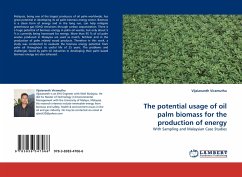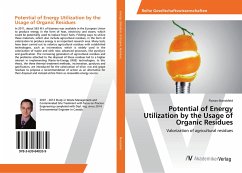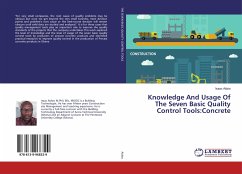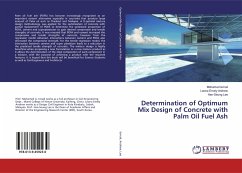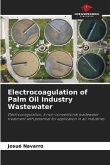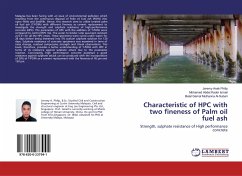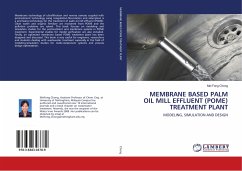Malaysia, being one of the largest producers of oil palm worldwide, has great potential in developing its oil palm biomass energy sector. Biomass is a clean form of energy and in the long run, can help mitigate greenhouse gas (GHG) emissions through carbon sequestration. There is a huge potential of biomass energy in palm oil wastes, but only about 5 % is currently being harnessed for energy. More than 95 % of oil palm wastes produced in Malaysia are used as mulch, fertilizer and in the production of palm related wood products. Therefore in this work, a study was conducted to evaluate the biomass energy potential from palm oil throughout its useful life of 25 years. The problems and challenges faced by palm oil industries in developing their palm based biomass energy are also adressed.
Hinweis: Dieser Artikel kann nur an eine deutsche Lieferadresse ausgeliefert werden.
Hinweis: Dieser Artikel kann nur an eine deutsche Lieferadresse ausgeliefert werden.

